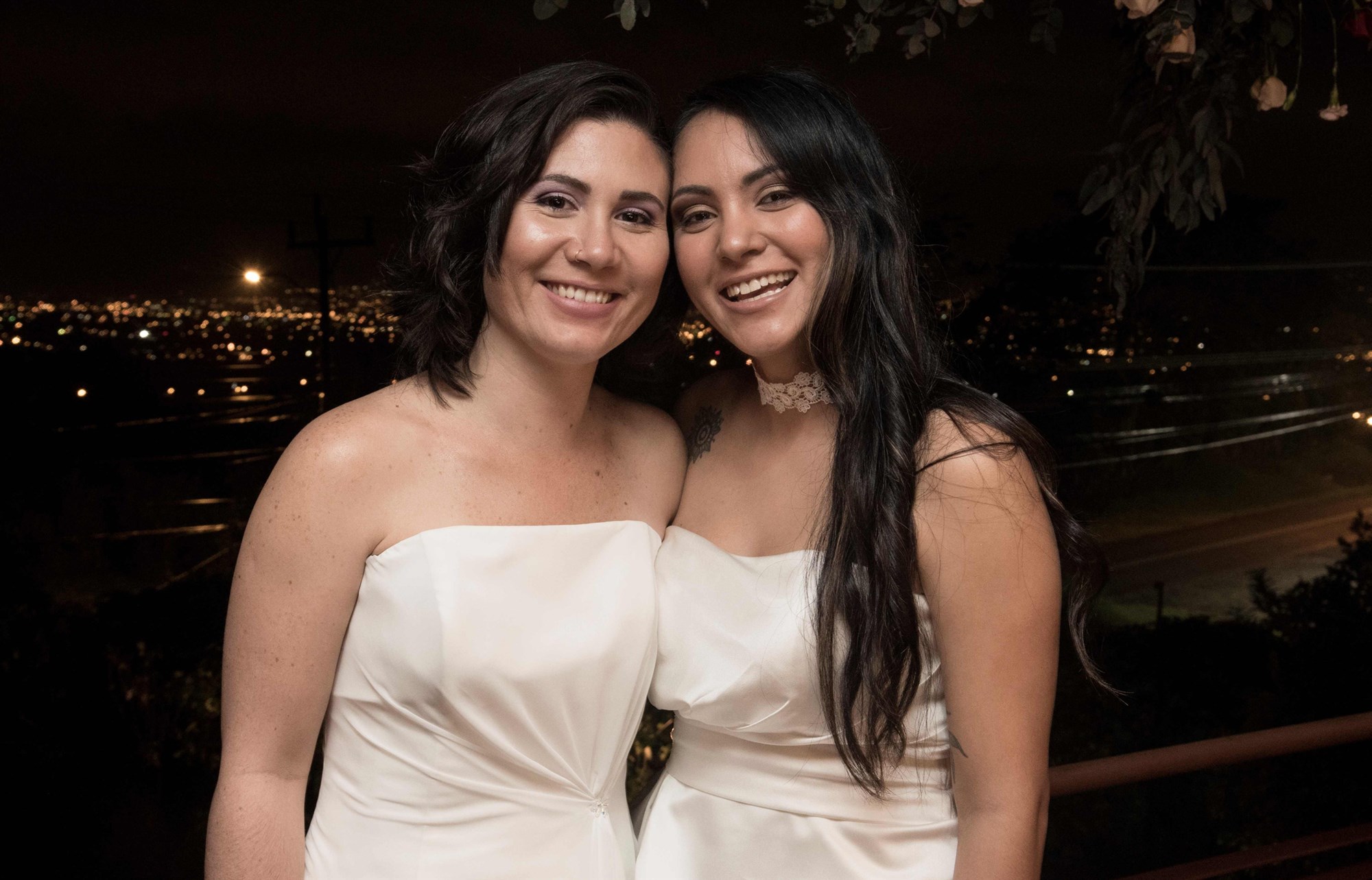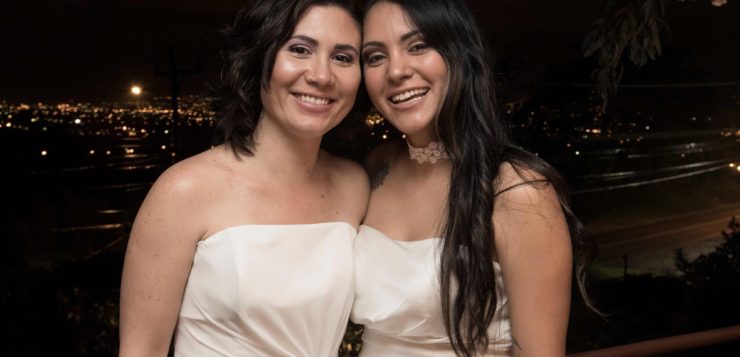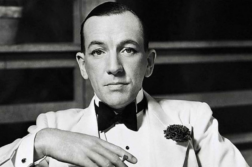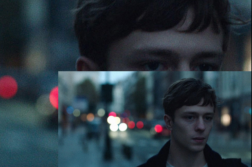
On May 26, Costa Rica became the 29th country in the world to legalize same sex marriage.
The fight began in 2018, when the country asked the Inter-American Court of Human Rights about the bans on same-sex marriage in Central America. What was not expected was that this decision would divide the country and impact that year’s presidential elections.
The evangelical priest Fabricio Alvarado ran on a platform of opposing LGBT rights and initially lead in the first and second rounds of voting. Fortunately, current president Carlos Alvarado won the run-off with a little more than 60 percent of the vote. (Yes, they have the same surname.)
President Alvarado supported same-sex marriage, but he did not have the authority to pass it alone. That year the executive ruling faced various legal obstacles because of the country’s outdated government, until the country’s Supreme Court approved it that year. They gave legislators an eighteen-month deadline to deliberate.
Opponents continued fighting the ruling after that. And the right-wing party’s strong faction in the National Assembly attempted to delay implementation, but to no avail.
As recently as last week, with the support of other conservative deputies, they tried to delay ratification, arguing the country should focus on the coronavirus crisis instead of same-sex marriage. The motion was voted down 30 to 20. However, this did not stop current assembly president Eduardo Cruickshank from delaying approval again. With no vote, the law went into effect at midnight.
Just after midnight, the first lesbian couple (pictured above) wed on national television, surrounded by online celebrations all over the country. Same-sex couples now enjoy the same rights as our heterosexual peers, including shared social insurance, housing allowances, and inheritance rights, among others.
While you could argue it was a legal, peaceful process, same sex-marriage is the result of many decades of legal fighting and protesting for equal rights in which many citizens were abused, imprisoned, and even murdered.
Yes, it is a big step for the LGBT community in Costa Rica and in a region with one of the highest LGBT discrimination rates in the world. However, let us not forget that same-sex marriage is just one step to achieve equality. LGBT people still face workplace discrimination, they still undergo discredited counseling practices, they still face employment discrimination, and they are still targets of violent crimes.
The fight for full equality must go on until there are no children, teenagers, and adults feeling isolated for whom they love.
Jorge Solano is a human rights expert based in the Netherlands.






